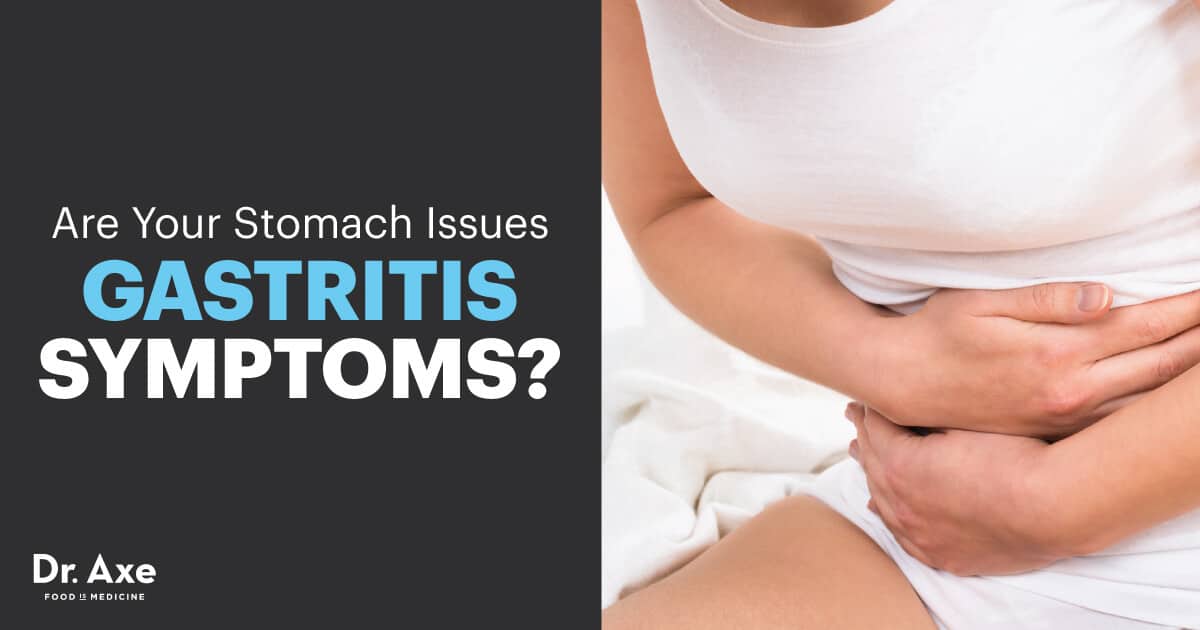
If you suspect that you have gastritis symptoms, then it is a good idea to take action immediately. This is especially true when the symptoms are accompanied by pain in the chest, stomach or esophagus. Gastritis is a condition that occurs when there is too much acid in your stomach that prevents the stomach from moving food through your body. This can be caused by a number of factors.
In order for this condition to occur, it must be accompanied by a weakening or malfunctioning of the stomach's muscle. The first thing you need to do is to visit a doctor to make sure that there are no other conditions that may be causing this condition. If you are obese, it is probably a symptom of heart disease or diabetes that is causing the problem. It can also be caused by certain medications like aspirin or antacids. You should always check with your doctor before taking any medications.
The symptoms of gastritis are often hard to recognize at first. When you have the common stomach ache, you may not even realize that you have these symptoms. When you experience pain in the upper chest, you may not even realize that you are experiencing stomach problems. If you are pregnant, you will probably experience these symptoms with any pain that you experience. You should also check with your doctor if you are currently taking any medication that could possibly be causing this condition.
There are several common symptoms associated with gastritis. Most often it is heartburn, that is, a burning sensation that occurs when a person eats. Some of the other symptoms are nausea, vomiting, and regurgitation. Symptoms can vary depending on what is causing the problem.
When you are experiencing symptoms, it is important to get treatment for the problem as soon as possible. In most cases, gastritis requires a visit to a doctor and is treated with over-the-counter medications.
These symptoms are usually temporary, but should be taken seriously. Your doctor will likely prescribe an antibiotic to help treat the infection that might be causing the problem. If these medications do not solve the problem, your doctor may recommend surgery.
Symptoms can range from mild to severe. If you experience severe symptoms such as bleeding after eating, you should go to the hospital immediately for treatment.
Although symptoms are usually short-lived, they are still very difficult to manage. Because these problems cause the stomach to contract, it is usually difficult for most people to eat. When you eat, you need to chew your food thoroughly, not just chew it. After eating, you should gargle with water and salt and you can even lie down and relax for the rest of the day to allow your stomach to heal.
Gastritis affects everyone at some point in their lives, but people who have had previous bouts with this condition have a greater chance of having recurring bouts. You should also be aware of the medications that you are taking and check to see if any of them are causing any problems. If you are pregnant, then you should avoid taking any antibiotics until after you are done being pregnant.
Gastritis is often caused by things that you do on a daily basis
If you have an eating disorder or are drinking too much alcohol, you may be causing the problem for yourself. Changing your diet is the only way that you can treat the condition.
Once you have been diagnosed with this condition, you may want to visit your doctor every few months to see what the problem is like. Your doctor can also give you medications that will help you overcome this problem. He or she will probably be able to give you some advice on what you should be doing to avoid these problems in the future.
Symptoms of gastritis can be very frustrating to deal with, but they can be treated. Once you get the problem under control, you will be able to enjoy a healthy diet and live a healthier lifestyle. Your doctor will be able to give you tips that will help you manage this problem and eliminate the symptoms. You should always pay close attention to the symptoms, as they are the only way that you can determine if you need medical attention.

